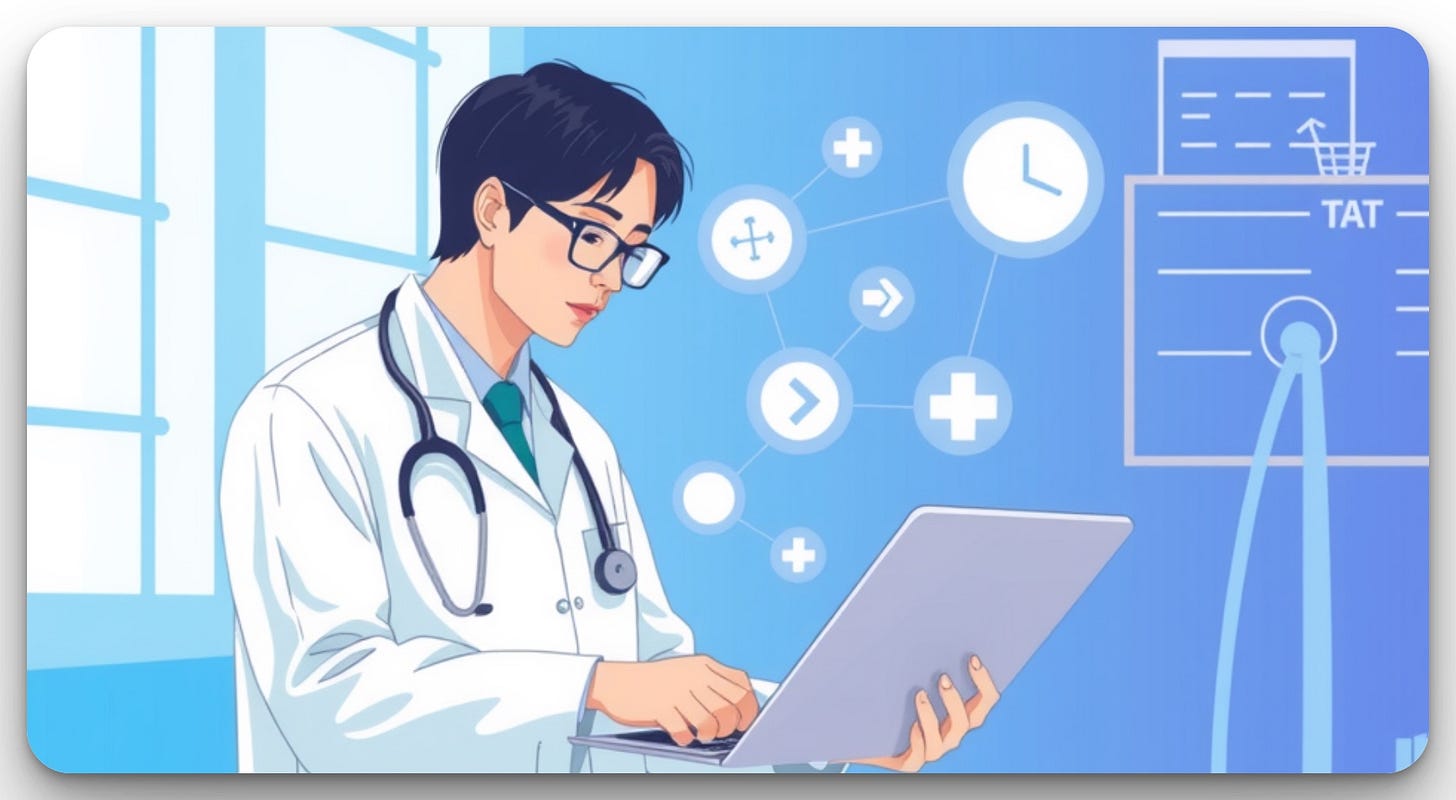Often Overlooked: Healthtech in the Philippines
Let's cut through the bs and talk about why healthtech in the Philippines isn't getting the attention it deserves. We've got a paradox on our hands: everyone needs healthcare, but when it comes to innovation in this space, suddenly everyone's looking the other way. What gives?
So Why Isn't Healthtech Sexy?
Here's the million-peso question: why does healthtech get less views, less priority, and less buzz than the latest food delivery app or e-commerce platform? Let's break it down:
It's Not Flashy: Healthtech doesn't have the same "cool factor" as a new social media app. We're dealing with serious stuff here – people's health – not likes and shares.
Complexity: Healthcare is complicated, and so is the tech that supports it. It's not as easy to understand or explain as "swipe right for love" or "tap here for food".
Slow Adoption: Doctors and hospitals aren't exactly known for being early adopters. Change in healthcare moves at a glacial pace, which doesn't exactly scream "exciting investment opportunity" to many players.
Regulatory Hurdles: The red tape in healthcare is no joke. Every move needs to be checked, double-checked, and approved by about a million regulatory bodies.
Privacy Concerns: We're dealing with sensitive personal data here. This makes people nervous about jumping in.
The Real Issues in Healthtech
Now, let's talk about the elephants in the room:
1. Interoperability: Getting different systems to talk to each other is like herding cats. Every hospital, clinic, and lab seems to be speaking a different language.
2. User Experience: A lot of healthtech looks like it was designed in the 90s. We need interfaces that don't make docs want to pull their hair out.
3. Resistance to Change: Some healthcare providers are stuck in their ways. Convincing them that digital is the way forward is an uphill battle.
4. Funding: Investors seem to think "health" and "tech" don't go together. We need more people willing to put their money where their mouth is.
5. Education Gap: There's a big knowledge gap between tech developers and healthcare providers. We need more people who understand both worlds.
6. Government Roadblocks: They're supposed to be helping, but sometimes it feels like they're throwing wrenches in the works. Their slow-moving processes and outdated systems are holding back innovation faster than you can say "bureaucracy".
7. Medical Education Lag: Med schools aren't really teaching this stuff, which I understand. We're churning out doctors who can diagnose rare diseases but it wouldn’t hurt to learn about utilizing an EMR.
The Resistance is Real
Let's face it, medicine as an industry is about as resistant to change as a cat is to water. It's not just about being set in their ways – it's a whole culture thing. Doctors are trained to rely on their own judgment, to be cautious about new things. And fair enough, when you're dealing with people's lives.
But here's the thing: technology isn't here to replace doctors. It's here to make their lives easier, to help them make better decisions. Yet, try telling that to Dr. I've-Been-Doing-This-For-30-Years and see how far you get.
Why This Matters
Here's the real deal: healthtech isn't just about making life easier for doctors (though that's a big part of it). It's about improving patient care, reducing errors, and making healthcare more accessible to everyone.
Take SeriousMD for example. By streamlining practice management, we’re trying to free up doctors to focus on what really matters – their patients. And by making it easier for patients to book appointments and access their records, we’re putting healthcare back in their hands.
We’re trying to improve things in Philippine healthcare but we feel the push back every day from all angles and we’ve been in the game for 7 years now. It’s definitely an uphill battle. Why? Because change is hard. 🥹
The Way Forward
So what's the solution? We need to show people that healthtech isn't just important – it's critical. We need more coverage, more investment, and more people willing to take a chance on innovation in healthcare.
We need med schools to start teaching this. Government bodies should start supporting more innovations. (Speaking of innovations, we have a private demo day event on August 21. In case you are in BGC, drop me a message if you’d like to join. )
It's time to stop treating healthtech like the awkward cousin at the family reunion and start giving it the spotlight it deserves. Because at the end of the day, this isn't just about technology – it's about people's lives.
And that, my friends, is something worth paying attention to.


